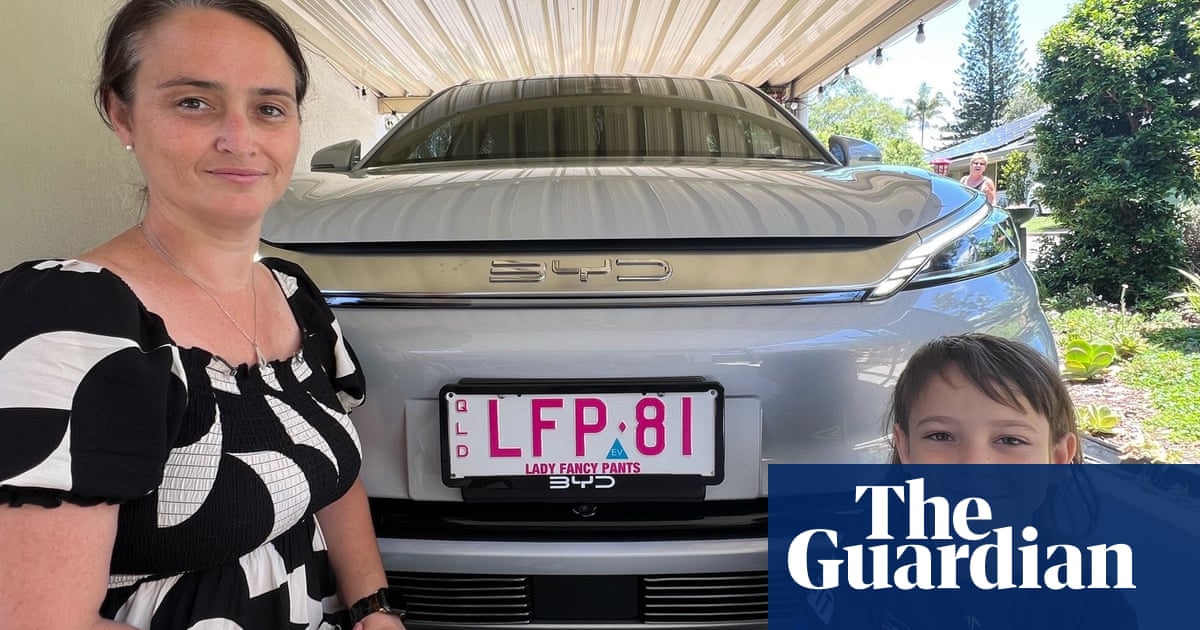An electric vehicle owner has used her car’s emergency power system to run her 11-year-old son’s lifesaving dialysis machine and another has ridden to the rescue of his neighbours after devastating storms cut power in south-east Queensland.
When the power went down following storms and flash flooding on Christmas Day, many residents immediately felt the consequences: electric gates did not work, septic tanks began to fill, air conditioners could not run and fridges began to warm as a heatwave followed.
But some electric vehicle drivers whose cars are equipped with “vehicle to load” systems – a back-up power system that allows the car to act as an emergency generator or supply for devices such as lights, laptops, TVs and refrigerators – stepped in to help out and, in some cases, save lives.



Australia has a lot of distributed grid capacity. Some of the highest rooftop solar numbers (to the point where curtailment is an issue). And this stuff with vehicle-to-load/vehicle-to-grid capacity is a possible way to continue doubling down on that stuff.
Saul Griffith talked about some of it in this somewhat-recent interview.
It’s a weird market. If they play their cards right, Australia – particularly because of its mineral resources – will become a huge part of a green energy transition. Though they’ll have to commit quite seriously to make it happen.
Decentralizing the grid is a great way to build resilience. It saves lives. But it’s tough when you have private capital natural monopolies, especially vertically-integrated ones (as is the norm in the US), in charge of operation. You have to align incentives towards lowering cost, improving resiliency, and meeting growth. Rather than incentivizing giant, absurd capital investment, discouraging maintenance and infrastructure, and pitting the utilities against consumers.
I can’t help but smell an orphan crushing machine somewhere in this story. Or maybe just a regular old BEV ad. But this kind of stuff really does need to be the future if we want our species to survive.